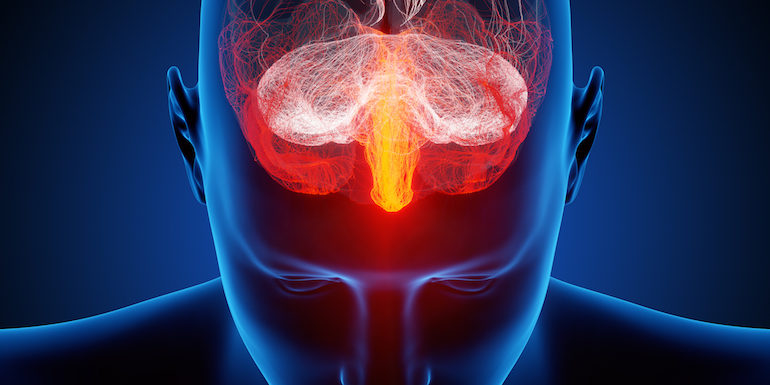It has been shown in many studies that optimistic thinking has an overall positive impact on health and well-being. Is it possible for patients, and science, to take a step beyond just thinking about feeling better and actually use the mind to create feelings of comfort? This is the idea behind biofeedback training.
What is biofeedback training?
Biofeedback is a technique where individuals learn to control their own body’s functions by thinking about the results of changes within the body. Those who practice biofeedback can lower their own heart rate, control anxiety, and even reduce pain sensations. It is a very commonly used technique among people who experience anxiety or panic attacks, as it helps them cope with public places or other situations that induce stressful responses. It has also been used effectively by asthma patients to stop or control asthma attack symptoms.
The idea behind biofeedback training is to learn the body’s physical responses to painful or stressful stimuli and determine how to reverse those sensations through mindfulness. A specialist will use sensors to monitor the body’s temperature, muscle tension, and brainwave activity. This process typically takes several sessions as you and the specialist figure out, based on the process of elimination, what mental activities and relaxation exercises can regulate the responses of the body.
Biofeedback for chronic pain
Specialists are seeing a benefit to biofeedback training in patients experiencing chronic pain.
A patient with the ability to control their body’s response to pain stimuli can reduce the pain reactions in their own bodies. As a patient masters the techniques of biofeedback, they can reduce their dependence on medications, avoid invasive procedures, and take back control of their own health.
Talking with a specialist about biofeedback can be the first step to understanding if this treatment is right for you. Because of the personalized nature of each session and the resulting experience of each individual patient, you should research and discuss the process with your pain doctor.
Have you thought about biofeedback to help manage your symptoms of chronic pain?


